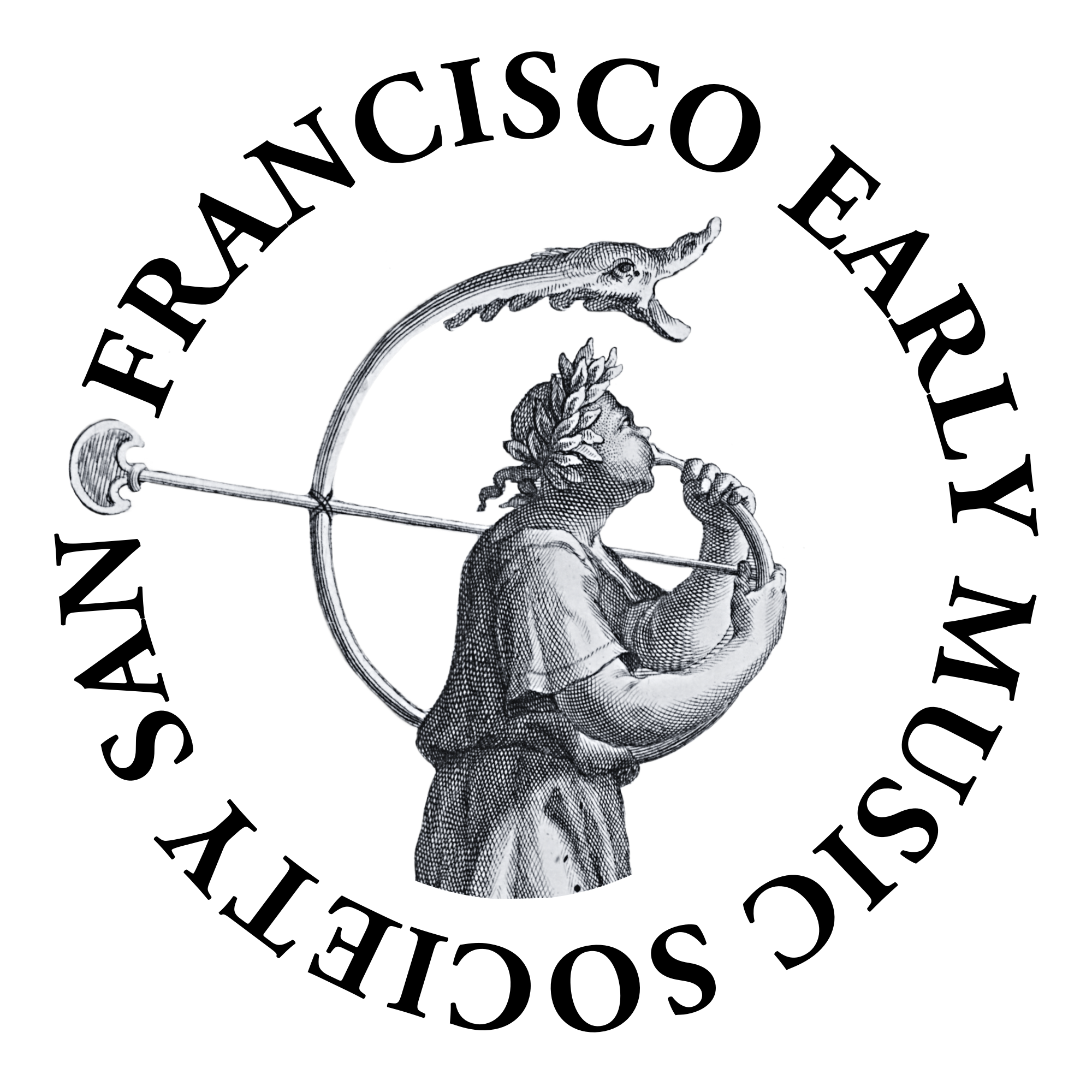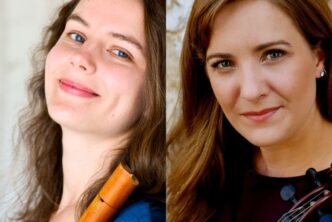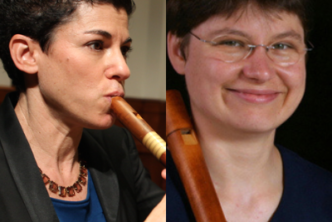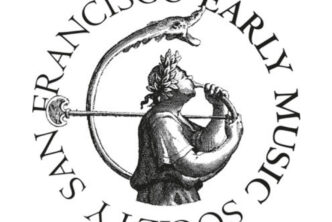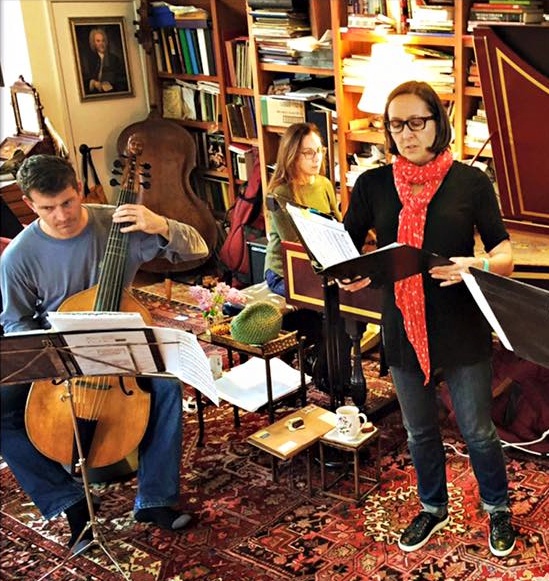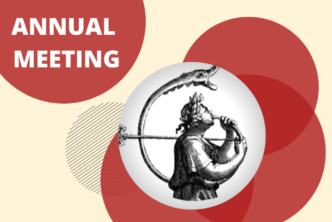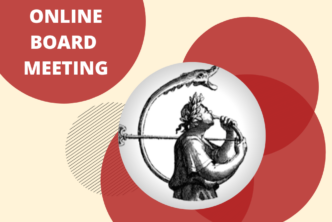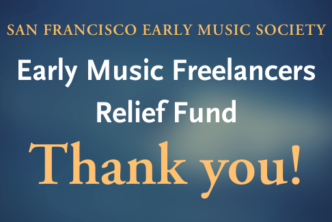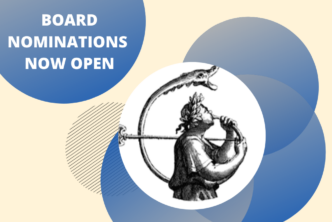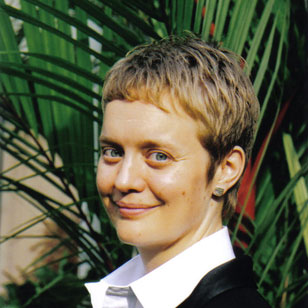by Greg Ingles
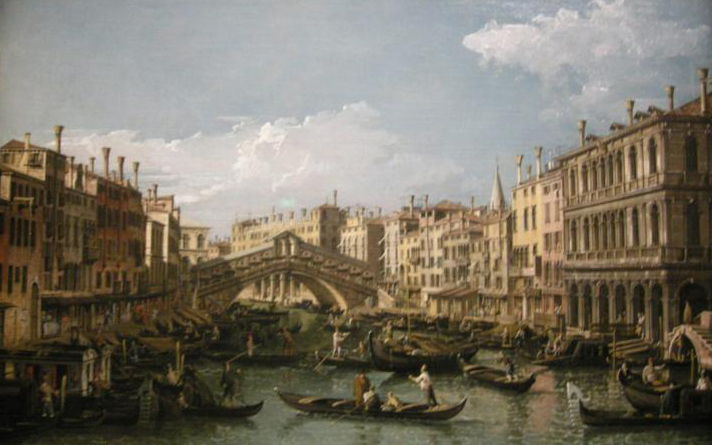 Rising majestically out of a northern Mediterranean lagoon, the Italian city of Venice, with its many bridge-covered labyrinthine canals traversed by gondolieri, seems almost mystical. The city itself was at the height of its power in medieval times and continued as an influential economic state through the late Renaissance. One byproduct of the Venice Republic’s economic trade dominance was its emergence as a capital of publishing. Many of the major music treatises of the Renaissance were published here, which led to the collection and dissemination of works by numerous great composers.
Rising majestically out of a northern Mediterranean lagoon, the Italian city of Venice, with its many bridge-covered labyrinthine canals traversed by gondolieri, seems almost mystical. The city itself was at the height of its power in medieval times and continued as an influential economic state through the late Renaissance. One byproduct of the Venice Republic’s economic trade dominance was its emergence as a capital of publishing. Many of the major music treatises of the Renaissance were published here, which led to the collection and dissemination of works by numerous great composers.
The burgeoning list of madrigal part-books published in Venice implies an unending thirst for new popular music. Venice had a large craving for secular music and its famed street singers, with their daily commentary and satire on local news and events had dual roles of entertainment and education. There, the madrigal evolved from the tightly compact and vibrant songs of Adriano Willaert to the dramatically expressive and richly text-painted works of Giaches de Wert and Claudio Monteverdi.
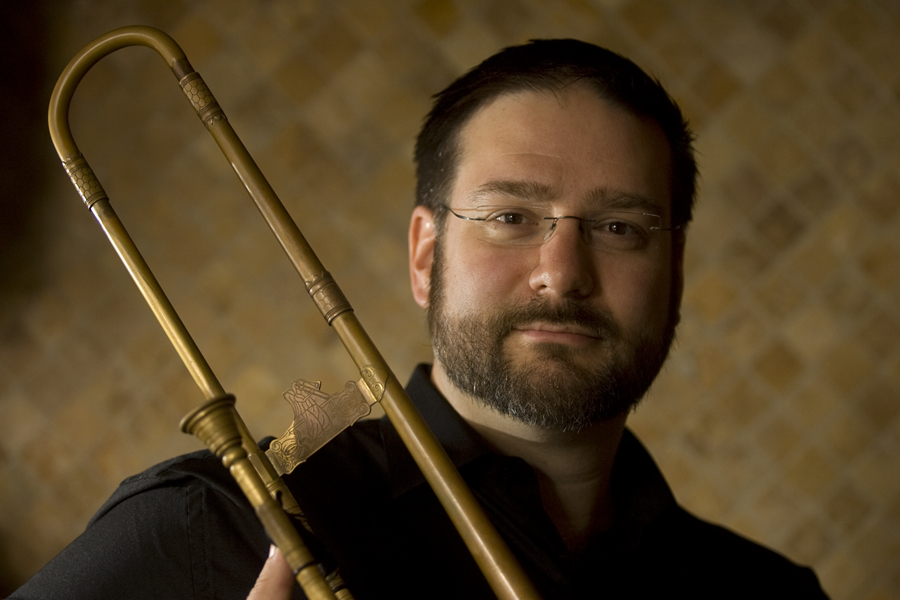
The music of the Doge’s ducal court was not to be outdone either, employing the widely popular instrumental ensemble, the Piffari della Doge. This professional wind ensemble gave an hour-long concert each day, played music from the campanile tower to mark the hours and also marched in procession in front of the Doge during Venice’s many Feast Day celebrations. These musicians were also employed as a dance band for the Doge, and the musicians of the Piffari were able to play many different instruments, suiting the indoor or outdoor venue of the event as needed.
Possibly the most “praise worthy” legacy of all is the sacred music written by the many illustrious composers who worked at the Basillica of Saint Mark. The large-scale motets by Cipriano de Rore, Adriano Willaert and Andrea Gabrieli led directly to the development of the Venetian polychoral style, most triumphantly seen in the music of Giovanni Gabrieli.
On Saturday, January 23, Greg Ingles will be presenting a workshop for the Mid-Peninsula Recorder Orchestra featuring the music performed in the streets, courts and churches of 16th-century Venice. Music for the workshop will include works by Adriano Willaert, Cipriano de Rore as well as Andrea and Giovanni Gabrieli. For further information, please visit the orchestra’s website at mpro-online.org or telephone Leslie Pont at 650-941-3065.

